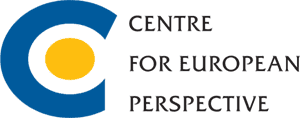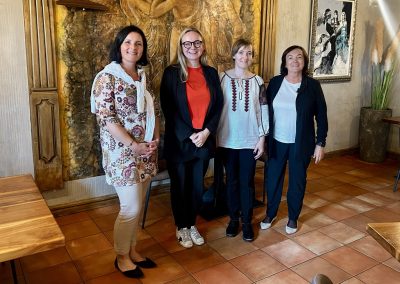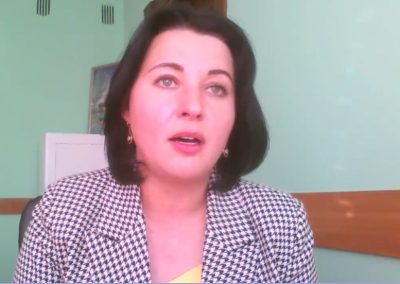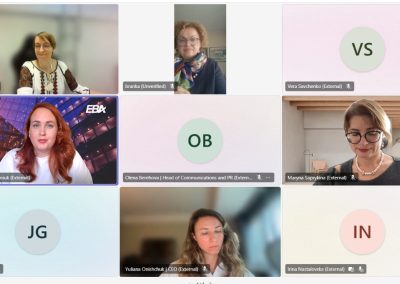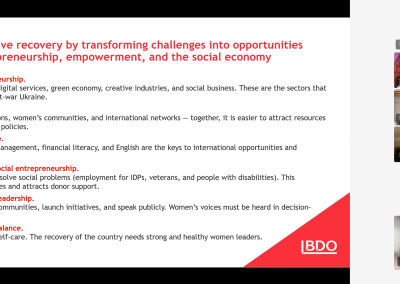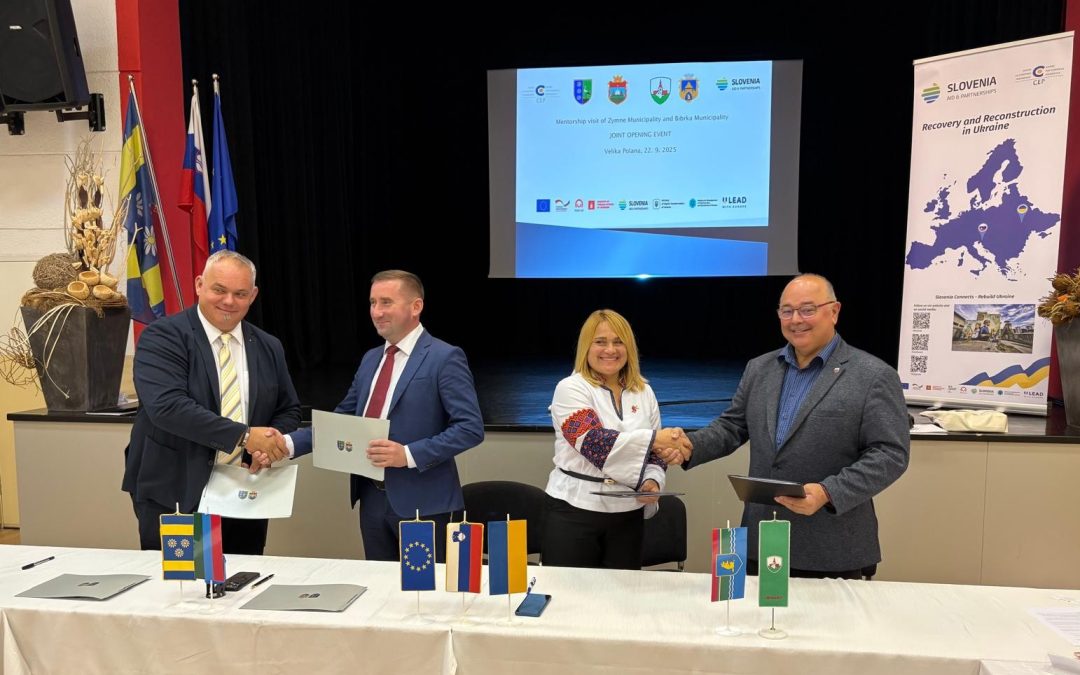The ‘Recovery and Reconstruction in Ukraine’ programme is funded by the Slovenian Ministry of Foreign and European Affairs through the Slovenian Aid and Partnerships and implemented in partnership with ‘U-LEAD with Europe’.
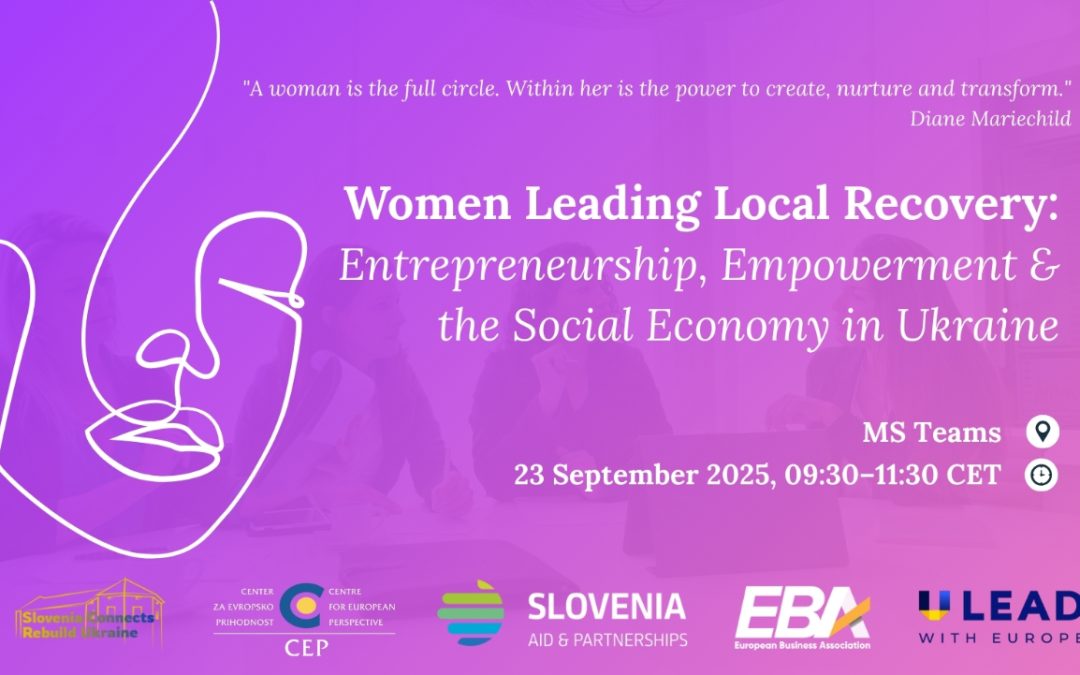
Women Entrepreneurs at the Frontlines of Ukraine’s Recovery
On 23 September 2025, the Centre for European Perspective (CEP) hosted the international webinar “Women Leading Local Recovery: Entrepreneurship, Empowerment & the Social Economy in Ukraine.” The event brought together Slovenian and Ukrainian experts, entrepreneurs, and local leaders to showcase how women are driving economic recovery through business leadership and the social economy.
Key messages from the event
-
Women’s role in Ukraine’s economy is growing rapidly. In 2023, over 37,000 new businesses were launched in Ukraine, more than before the war. Women founded 56% of these new businesses. New enterprises are emerging in IT, e-commerce, education, manufacturing, agriculture, and creative industries (Ms Vira Savchenko, BDO Ukraine).
-
Supportive environments make the difference. Slovenia’s example demonstrates that ecosystems comprising chambers of commerce, incubators, and women’s associations, combined with EU and national financial instruments, are crucial in supporting women entrepreneurs’ success (Ms Branka Aralica, Ona Ve).
-
Challenges remain. Ukrainian women entrepreneurs continue to face obstacles such as limited access to credit, heavy compliance burdens, double caregiving roles, and the psychological toll of war. Yet, they persist and innovate, creating grassroots solutions.
Panellists shared practical insights and examples, with Ms Olena Kucheruk (NGO Shift and Promka) sharing the story of establishing a business anew as an IDP. Ms Yuliana Onischuk (Energy Act for Ukraine Foundation) reminded participants that resilience means daring to try, and Ms Maryna Saprykina (U&WE Hub) underlined the importance of women taking up leadership roles and stepping forward with confidence. Ms Yuliia Posternak (Kulykivka Hromada) pointed to the need for balance between local self-government and business as the foundation for strong communities.
As highlighted during the opening, women in Ukraine are not only rebuilding businesses but also creating new ones, contributing to local economies, breaking stereotypes, and serving as mentors. Strengthening their role is a long-term investment in resilience, sustainability, and growth.
This webinar was part of CEP’s Programme on Recovery and Reconstruction in Ukraine, particularly Pillar III – Economy, which focuses on improving local business environments, promoting entrepreneurship, and connecting Slovenian and Ukrainian actors for sustainable recovery.
The event was organised with the support of the Slovenian Ministry of Foreign and European Affairs, in cooperation with the EBA – European Business Association, with a special thanks to Ms Kateryna Prysiazhniuk and the U-LEAD with Europe programme.
